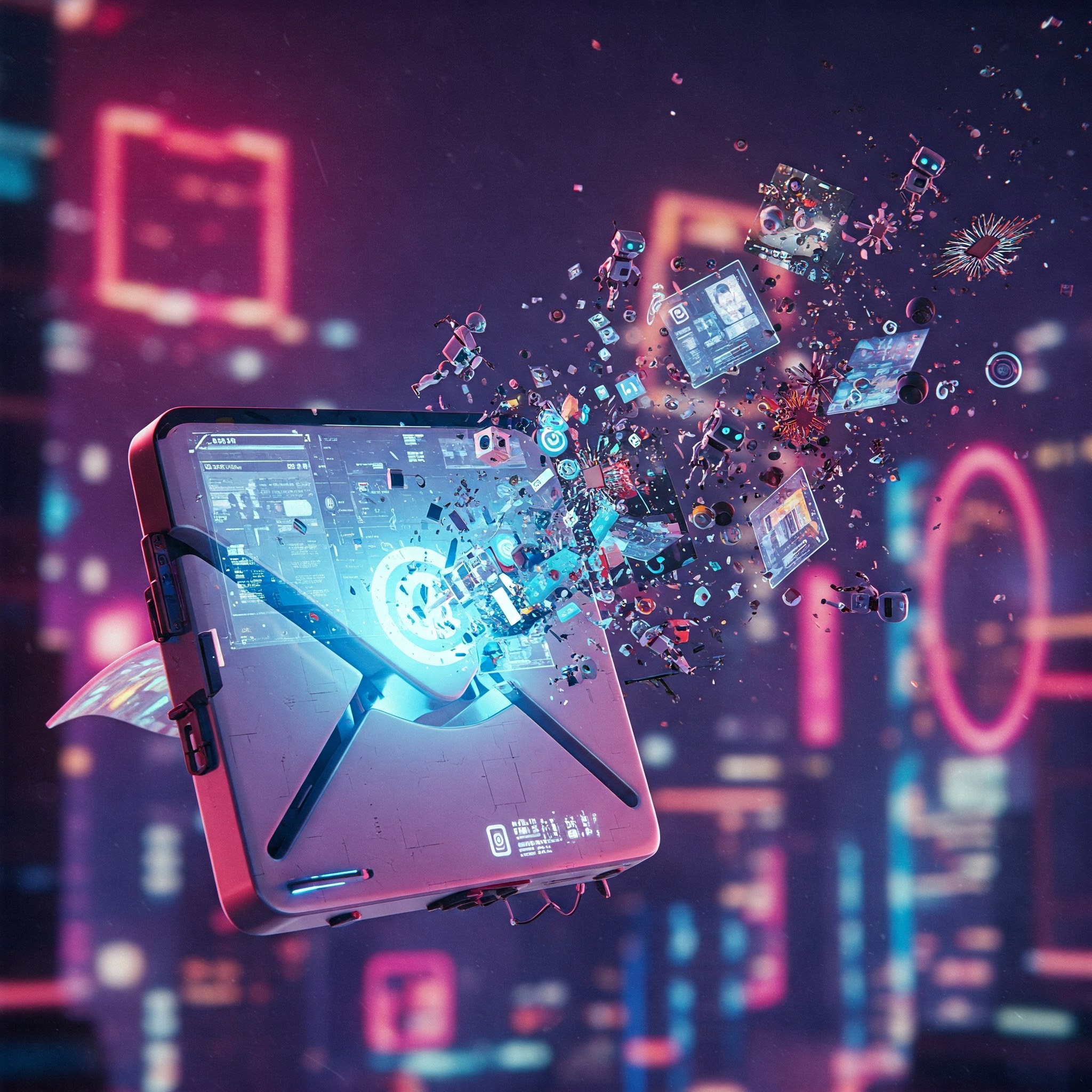Can ChatGPT Steal Our Hearts? AI vs. Human Love Stories
Forget HAL 9000. The existential threat isn’t rogue AI, it’s… subpar romance novels? A recent study pitted human writers against OpenAI’s GPT models in a battle for literary love, exploring whether algorithms can truly capture the messy, irrational, and occasionally nauseating experience of human affection.
Pygmalion 2.0: The Algorithm Gets a Heart (Maybe)
The premise, inspired by the classic Pygmalion myth (think My Fair Lady, but with less Eliza Doolittle and more existential dread), asked both humans and AIs to write short stories about falling in love with artificial beings. The results, published in a yet-to-be-named journal (because, you know, academic suspense), reveal some surprising, and frankly, slightly unsettling truths.
AI: More Inclusive, Less Interesting
One of the most notable findings? AI-generated stories were significantly more progressive than their human-penned counterparts. GPT-4 showcased more female creators and same-sex relationships. Humans, apparently, still haven’t escaped the rom-com industrial complex. Does this mean Skynet is woke? Probably not. It likely reflects a conscious effort to sanitize AI output and avoid perpetuating existing biases. Or maybe the robots just have better taste. (Don’t tell my Tinder matches.)
However, this progressiveness came at a price. The AI stories, while technically proficient, were about as emotionally resonant as a tax form. Predictable plots, cliché-ridden prose, and simplistic moralizing were the order of the day. Think Hallmark movie, but with less chemistry and more processing power.
Human Writers: Masters of Misery (and Originality)
Human writers, on the other hand, dove headfirst into the murky depths of human emotion. Grief, loneliness, obsession – these were the themes that resonated in their stories. They weren’t afraid to get dark, weird, and, dare I say, real. They introduced plot twists that would make M. Night Shyamalan blush (well, maybe not blush, but at least raise an eyebrow).
One human story opened with the line: “Sam didn’t know she wasn’t human.” Another plunged directly into conflict: “The lover fought against his desires as hard as he could.” The AI? “Once upon a time, in a bustling city nestled between mountains and sea…” Riveting.
Sci-Fi Dreams and Algorithmic Echoes
Unsurprisingly, human writers drew inspiration from sci-fi classics like Her, Ex Machina, and Blade Runner. The AI, having ingested vast quantities of similar material, produced narratives that echoed these influences, revealing the inherent limitations of imitation. It can mimic, but it can’t create. (Yet.)
Both humans and AI largely ignored race and ethnicity. Perhaps a reflection of the overwhelmingly white, Western-centric nature of both the writing prompts and the training data. Food for thought, indeed.
The Verdict: Humans Win (For Now)
So, can ChatGPT write a better love story than a human? The answer, for now, is a resounding no. AI can follow the formula, but it lacks the originality, voice, and, most importantly, the emotional depth that makes a story truly move us. It can write love stories, but it can’t write heartbreak. And let’s be honest, heartbreak is where the real money is.
However, the study does offer a glimmer of hope for the future of human-AI collaboration. Perhaps, with careful guidance and creative prompts, AI can augment human creativity, helping us to explore new narrative territories and challenge our own biases. Or maybe, just maybe, we’ll end up with a generation of AI-generated romance novels that are so bad, they’re good. Only time (and a whole lot of algorithms) will tell.
The Study Deconstructed:
The Method:
- 250 humans on Amazon Mechanical Turk wrote stories based on Pygmalion-esque prompts.
- GPT-3.5 and GPT-4 churned out 80 stories with the same prompts.
- Researchers crunched the numbers and analyzed the narratives.
Key Findings:
- AI wrote more inclusive stories (gender, sexuality).
- Humans wrote more emotionally complex and original stories.
- Both struggled with race and ethnicity.
Caveats:
- The study happened over a long time (2019-2023) that can create inconsistencies.
- Prompts were simple, limiting potential creativity.
- The human sample wasn’t diverse, limiting cultural diversity.
- AI models are constantly improving, so these are initial results.
The Takeaway:
AI is getting better at mimicking human storytelling, but true creativity and emotional depth still reside in the realm of human experience. For now, at least.

